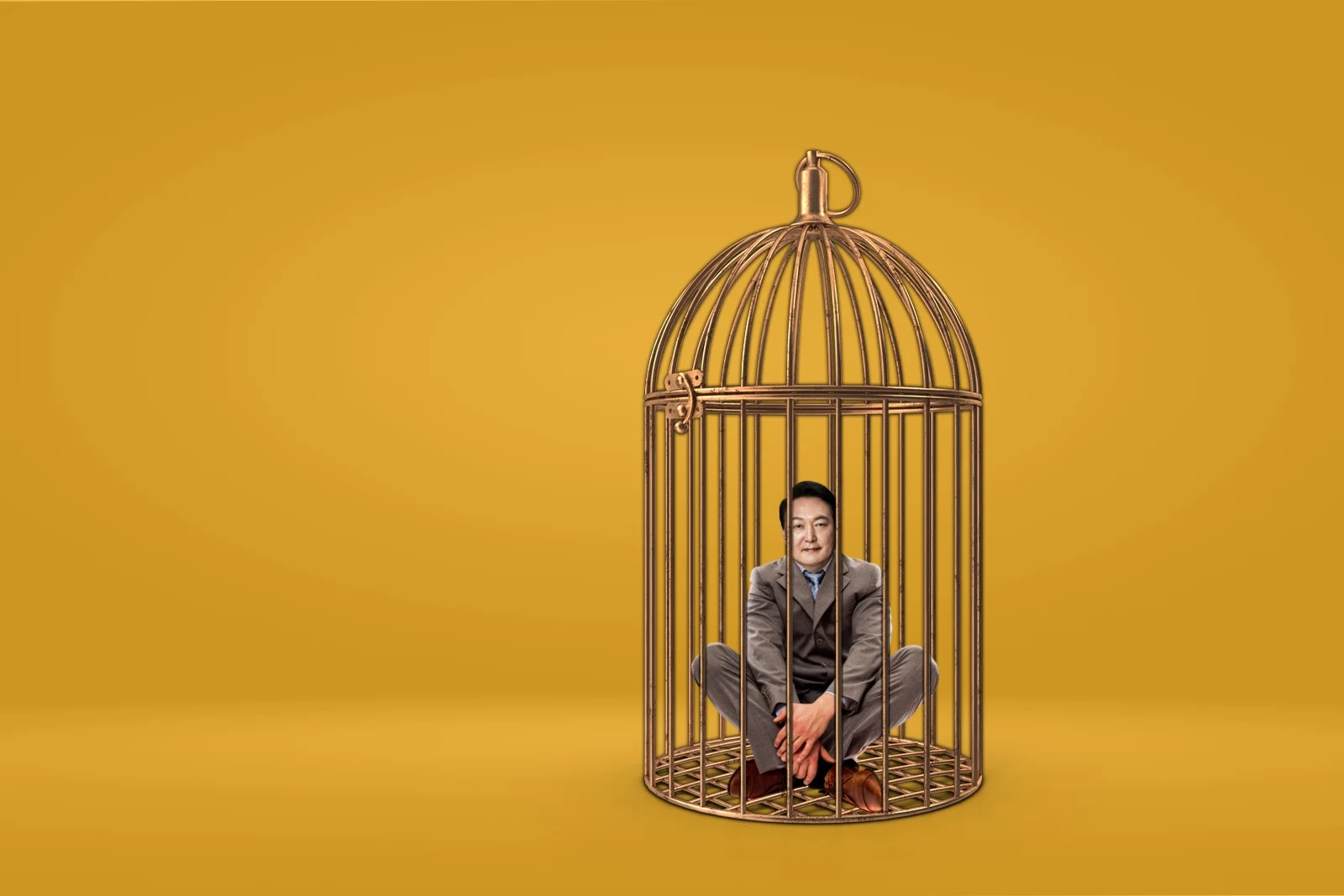
When Seoul Faced Its January 6—and Chose Democracy
On December 3, 2024, South Korea faced a test of its democratic institutions—one that could have tilted the nation toward authoritarianism. Former President Yoon Suk Yeol attempted to declare martial law and override the constitutional order. Within hours, lawmakers in Seoul’s National Assembly reversed his actions, averting a political crisis that might have echoed the January 6 Capitol insurrection in the United States.
This swift and unequivocal pushback was no historical anomaly. It was the product of a politically engaged citizenry, hardened by generations of authoritarianism, and a legislature still capable of acting in defense of democratic norms. While South Korea’s past is marked by coups, kleptocrats, and strongmen, its present stands as a model of how civic institutions—and the people behind them—can beat back authoritarian overreach. For Western democracies confronting their own erosion, Seoul’s resilience offers both a warning and a lesson.
Yoon’s Overreach
Yoon Suk Yeol, faced with sagging poll numbers and an inability to pass his agenda in the National Assembly, attempted to impose martial law on the pretext of “anti-state” threats and supposed North Korean influence. He moved unilaterally, bypassing the opposition, and ordered military deployments in Seoul. As armored personnel carriers rumbled into the streets, the president claimed national security imperatives—but offered no evidence to support the alleged North Korean threat.
Under his decree, media outlets would fall under military control, effectively ending press freedom. The scene bore a disturbing resemblance to the hybrid authoritarian regimes of Russia, China, and North Korea. But South Korea’s democratic reflexes kicked in fast.
Within hours, lawmakers convened an emergency session in the National Assembly. Leaders across party lines swiftly condemned the president’s decree, and 190 members voted unanimously to overturn it. Outside the chamber, citizens mobilized. Protesters surrounded the Assembly, making it clear the streets would not accept a junta in the making. The military stood down.
Yoon’s gambit collapsed. What was meant to be a display of executive power became a national humiliation. His overreach not only doomed his political future but also ultimately led to his impeachment and the possibility of spending years in prison.
A Democracy Forged in Struggle
South Korea’s democratic resilience did not emerge overnight. The country’s political history is defined by repression and resistance. The Republic of Korea was born into authoritarian rule under its first president, Syngman Rhee, who clung to power through election fraud and violent suppression. It was not until student-led uprisings in 1960 that Rhee was forced to resign and flee, ushering in a fleeting experiment with liberal democracy.
That fragile moment quickly unraveled. In 1961, Park Chung Hee, a military general, staged a coup. Though he led a campaign of rapid economic modernization, Park ruled with an iron fist until his assassination in 1979 by his own intelligence chief. Chaos followed. General Chun Doo-hwan seized power in a subsequent coup, imposing martial law, shuttering universities, arresting opposition leaders, and taking over the press. His crackdown culminated in the Gwangju Uprising, a massacre that left hundreds dead and thousands wounded.
Yet the people persisted. In 1987, massive nationwide protests forced Chun to step down, resulting in the first free and fair presidential election in Korean history. That election brought Roh Tae-woo to office, but even he would later be indicted for corruption. His successor, Kim Young-sam, campaigned on reform—and delivered, placing both Roh and Chun on trial for their abuses.
From those bloody decades emerged a political culture steeped in skepticism of executive power and an electorate quick to act when lines are crossed. South Korea has not seen a successful coup since 1980—until Yoon’s attempt, which failed within hours.
Accountability Is the Norm
In contrast to many nations where impunity has become the expectation, South Koreans have institutionalized the expectation of accountability. Of the country’s 13 presidents, only two—Moon Jae-in and Yoon Suk Yeol—have not been impeached, overthrown, assassinated, or imprisoned. And Yoon’s status may soon change.
Statistically, a South Korean president has had an 84.6 percent chance of leaving office in disgrace. But rather than being a sign of dysfunction, this may reflect something deeper: a democratic culture that demands consequences for failure. The people are not passive. Their memories are long. Their standards are high.
Yoon’s disregard for democratic norms may soon see him spend years in prison, a fitting outcome in a country where the presidency is not above the law. His term was defined by heavy-handed tactics, unpopular legislation, and deepening isolation. Now, his legacy may be remembered as a final test—a stress test—for a democracy that passed.
A Cautionary Tale for the West
South Korea’s near-crisis comes at a time when democracies across the West are under siege—from within. Populist strongmen have gained traction by promising order but delivering little. Institutions that once seemed sacrosanct—from elections to the press—are now routinely undermined in Europe and North America.
What South Korea demonstrates is that democracy’s durability is not an accident. It is the result of vigilance, memory, and an engaged public. Yoon Suk Yeol’s removal from office in April is a testament to the limits of populism in a system where voters refuse to be lulled by slogans or cowed by power.
Unlike their Western counterparts, many of whom have watched democratic erosion with resignation, South Koreans met authoritarian overreach with outrage—and action. The opposition is now expected to reverse many of Yoon’s failed policies, restore democratic norms, and strengthen foreign alliances across the region. If they succeed, it will be a powerful reminder that the most important bulwark against tyranny is not the military, nor the courts—but the people.
